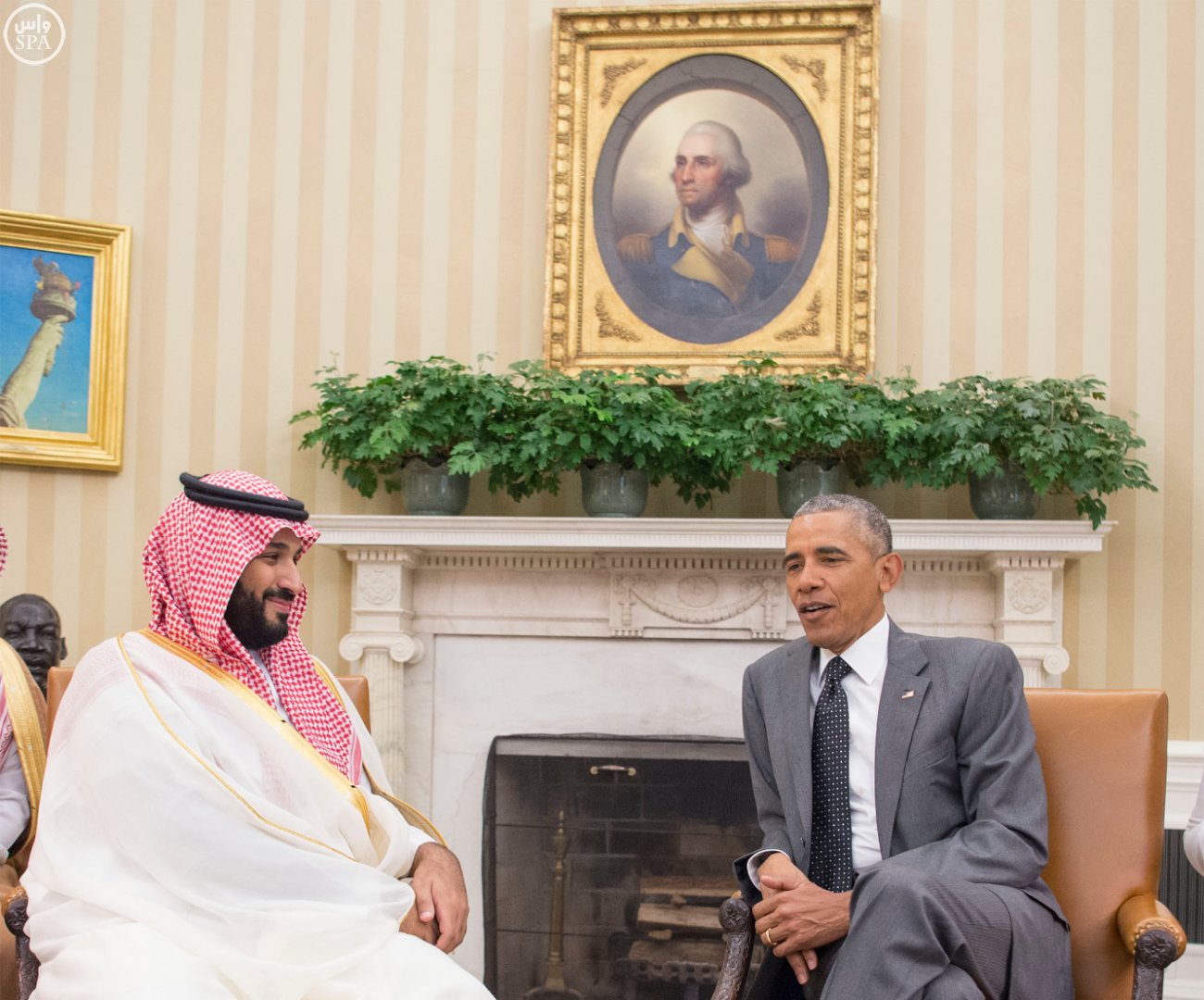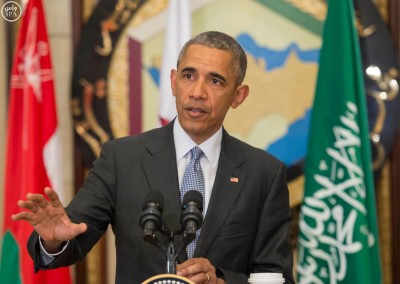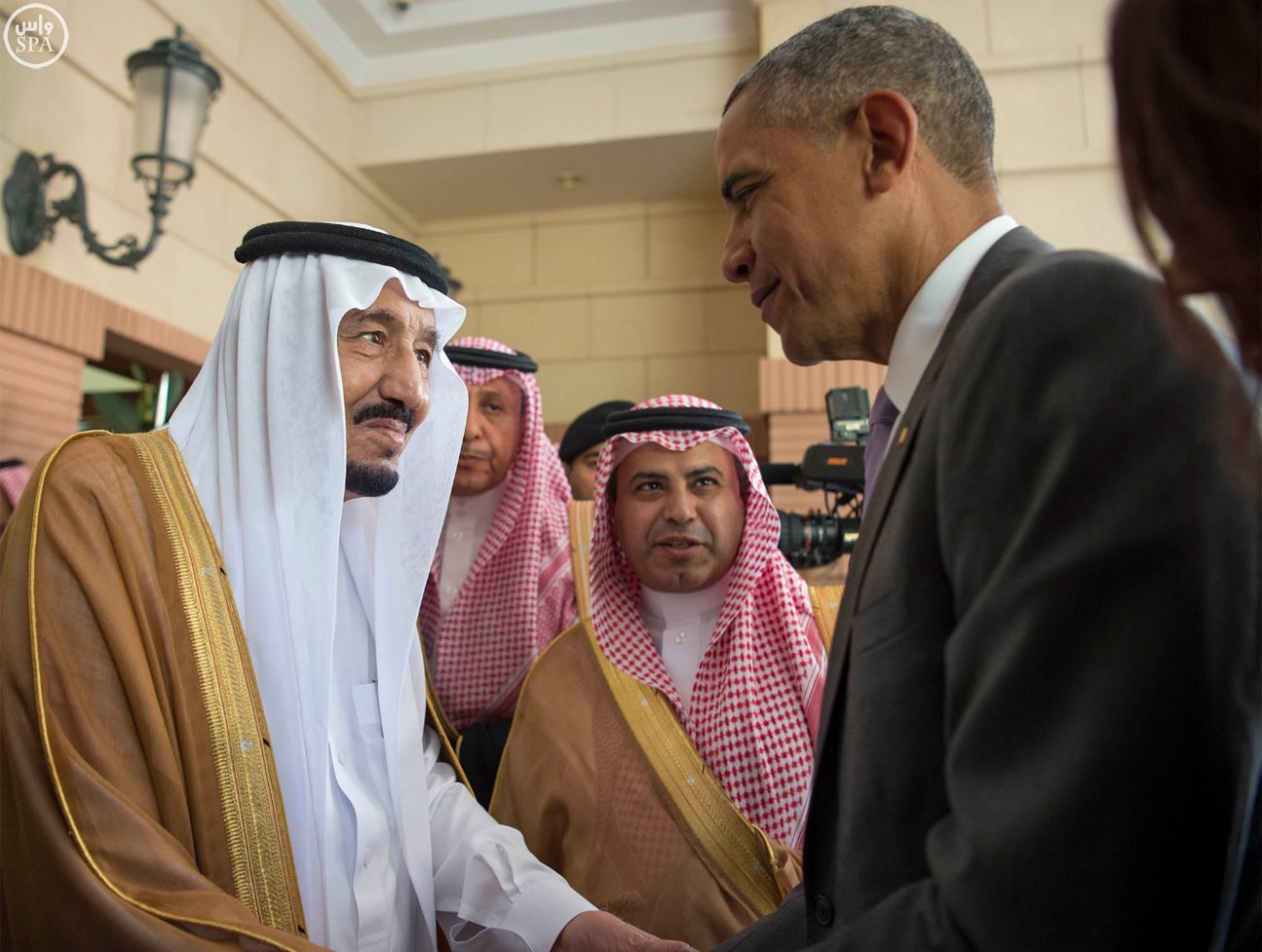Although the Congressional override of President Obama’s veto on the controversial Justice Against Sponsors of Terrorism Act (JASTA) was anticipated, it’s reality has proved shocking to U.S. leaders as well as countries globally. Saudi Arabia’s foreign ministry has issued a statement strongly condemning the legislation and noted, as has been done frequently in the run-up to the JASTA vote, the very real possibility of “unintended consequences” for U.S.-Saudi relations.
“The erosion of sovereign immunity will have a negative impact on all nations, including the United States,” said the official reaction from Saudi Arabia, posted in Arabic on the Saudi Press Agency. The foreign ministry expressed hope that the U.S. Congress would correct the legislation “to avoid the serious unintended consequences that may ensue,” without elaborating on what the consequences might be.
The official reaction from Saudi Arabia, posted in Arabic on the Saudi Press Agency, matches that of many in the Arab world in statements and on social media.

President Obama meets with Deputy Crown Prince Mohammed bin Salman in Washington.
“Many critics say the bill reinforces a long-held perception in the Middle East that the U.S. only demands justice for its own victims of terrorism, despite decades of controversial U.S. interventions around the world,” writes Aya Batrawy in the Associated Press.
Saudi Arabia supported the White House, U.S. corporate community, the EU and other countries as it fought the passing of the legislation through intense and expensive lobbying in Washington, but these efforts fell short. Now, the Kingdom hopes the reality of the vote will begin to sink in with Congress and they move to mitigate the potential damages to U.S. interests as well as other countries.
Some Senators have indicated buyer’s remorse on the bill. According to a report in Reuters, U.S. lawmakers expressed doubts about the bill on Thursday, saying the new law reducing sovereign immunity “could be narrowed to ease concerns about its effect on Americans abroad.”
U.S. Senate Majority Leader Mitch McConnell said on Thursday there could be unintended consequences from legislation allowing relatives of Sept. 11 victims to sue Saudi Arabia.

President Obama vetoed the JASTA bill. Now Congress may look to adjust the law.
“It appears there may be some unintended ramification of that (the law) and I do think it is worth further discussing,” Republican McConnell told reporters. Congress on Wednesday overwhelmingly rejected President Barack Obama’s veto of the legislation. Other reports have said that even Chuck Schumer, one of the biggest JASTA proponents, said he’d be open to fixes on the bill.
As Congress looks to potentially adjust the law, those looking to sue Saudi Arabia in U.S. courts look to begin their claims – a process that may take years and is unlikely to yield a settlement.
Bloomberg notes that a sovereign immunity law in place since 1976 “already contained an exception for terrorist attacks backed by countries on the State Department’s list of state sponsors of terrorism — such as Iran. The measure enacted this week alters the 1976 law to allow lawsuits against countries such as Saudi Arabia that aren’t designated state sponsors of terrorism if they’re found to have played any role in attacks that kill Americans on U.S. soil.”
As Bloomberg reports, while families of Sept. 11 victims can now seek damages from Saudi Arabia’s government, “collecting anything may prove to be an impossible task. Even with U.S. law permitting such suits, they’re tried before a judge, not a jury, leaving less room for popular sentiment.”









